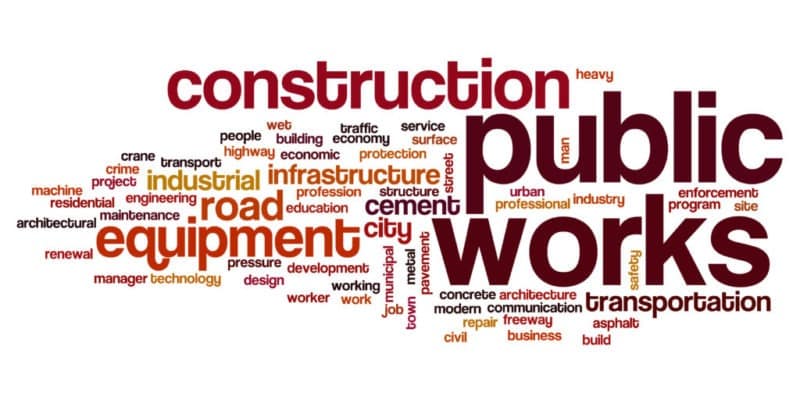By Dan Carden
Jan 29, 2018
INDIANAPOLIS – When Gov. Mike Pence signed the 2015 repeal of Indiana’s common construction wage statute, the Republican proclaimed that eliminating county minimum pay rates for public works projects would save the state and local governments money without reducing the paychecks of Hoosier workers.
“Wages on public projects should be set by the marketplace and not by government bureaucracy,” Pence said at the time.
“By repealing the common construction wage, our state is putting hardworking taxpayers first, lessening the burden on cash-strapped local governments and schools, and opening doors of opportunity for small businesses across our state.”
Three years later, the first in-depth, non-partisan analysis of the impact of Indiana’s common construction wage repeal suggests that Pence was wrong.
The Midwest Economic Policy Institute, in a report provided exclusively to The Times, determined that following common wage repeal Hoosiers working in the construction industry are earning less than they were before, with no meaningful cost savings for Indiana taxpayers.
Worker pay, productivity decline
The institute used U.S. Department of Labor statistics for the four quarters preceding repeal of Indiana’s common wage, also known as the prevailing wage, and the four quarters after to determine how the policy enacted by the Republican-controlled General Assembly affected 10 market outcomes.
The study found that construction wages fell in Indiana by an average of 8.5 percent following repeal of the common construction wage, with the lowest-paid workers seeing their paychecks drop by 15 percent.

